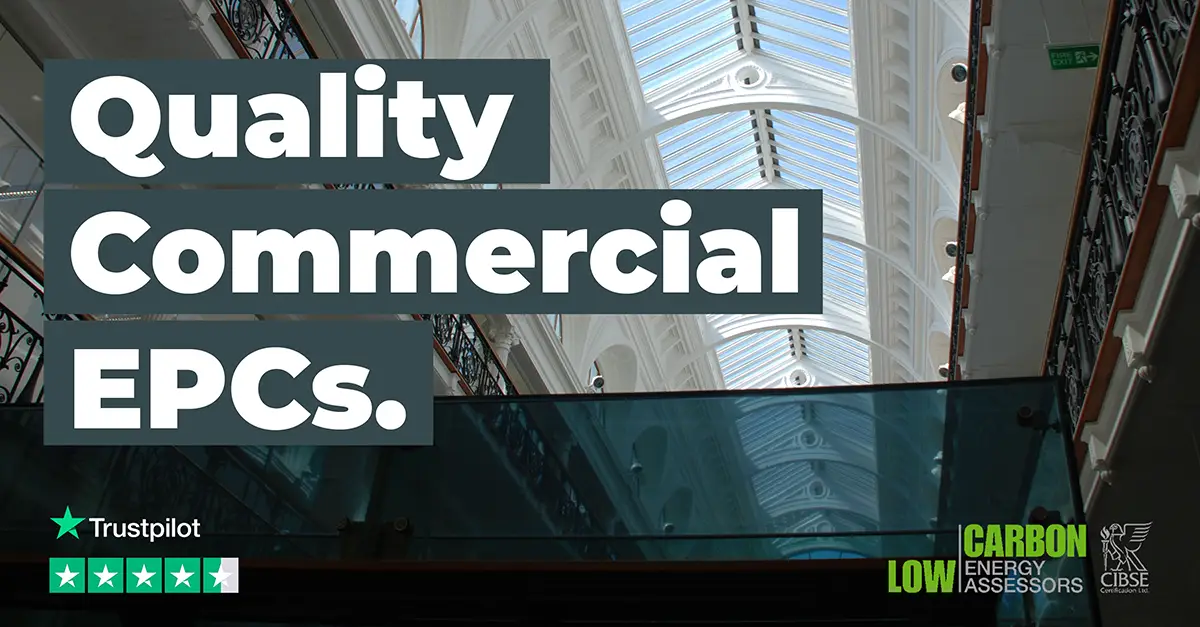Energy Performance Certificates (EPCs) are a crucial part of energy efficiency regulations for commercial properties in the UK. These certificates help businesses understand their buildings’ energy efficiency and provide recommendations to reduce carbon footprints.
As sustainability becomes a greater priority, businesses that proactively improve their EPC ratings can benefit from cost savings, regulatory compliance, and a competitive market edge. In this article, we explore the importance of Commercial EPCs, their benefits, and why businesses should prioritize improving their ratings.

What is a Commercial EPC?
A Commercial EPC is a document that provides an energy efficiency rating for a non-domestic building. The rating is displayed on a scale from A (most efficient) to G (least efficient). This certificate is legally required whenever a commercial property is built, sold, or rented.
The EPC includes details such as:
-
The building’s current energy rating.
-
The estimated energy consumption and associated costs.
-
Recommendations for improving energy efficiency.
Why is a Commercial EPC Important?
Legal Requirement:
Since 2008, it has been mandatory for commercial properties to have an EPC when being sold, rented, or newly constructed. Failure to comply can result in fines ranging from £500 to £5,000, depending on the rateable value of the property.
Energy Efficiency Benefits:
A higher EPC rating means the property is more energy efficient. Businesses operating in energy-efficient buildings benefit from reduced energy costs and a smaller carbon footprint.
Cost Savings:
Energy-efficient buildings have lower operating costs, and businesses can save thousands of pounds annually by improving insulation, installing efficient lighting, and upgrading HVAC systems.
Marketability:
Properties with better EPC ratings are more attractive to potential buyers and tenants. With government regulations tightening around energy efficiency, properties with poor ratings may struggle to find occupants.
How Do I Get a Commercial EPC?
-
Hire a qualified energy assessor, like SEA Consulting, and get your commercial EPC booked.
-
Provide details about your property, including energy use and building specifications.
-
The assessor conducts an on-site survey.
-
Receive an EPC report detailing the rating and recommendations.

Commercial EPCs are more than just a legal requirement—they are a critical tool for improving energy efficiency, reducing operational costs, and increasing property value. Businesses should take proactive steps to enhance their EPC ratings to ensure long-term benefits.

